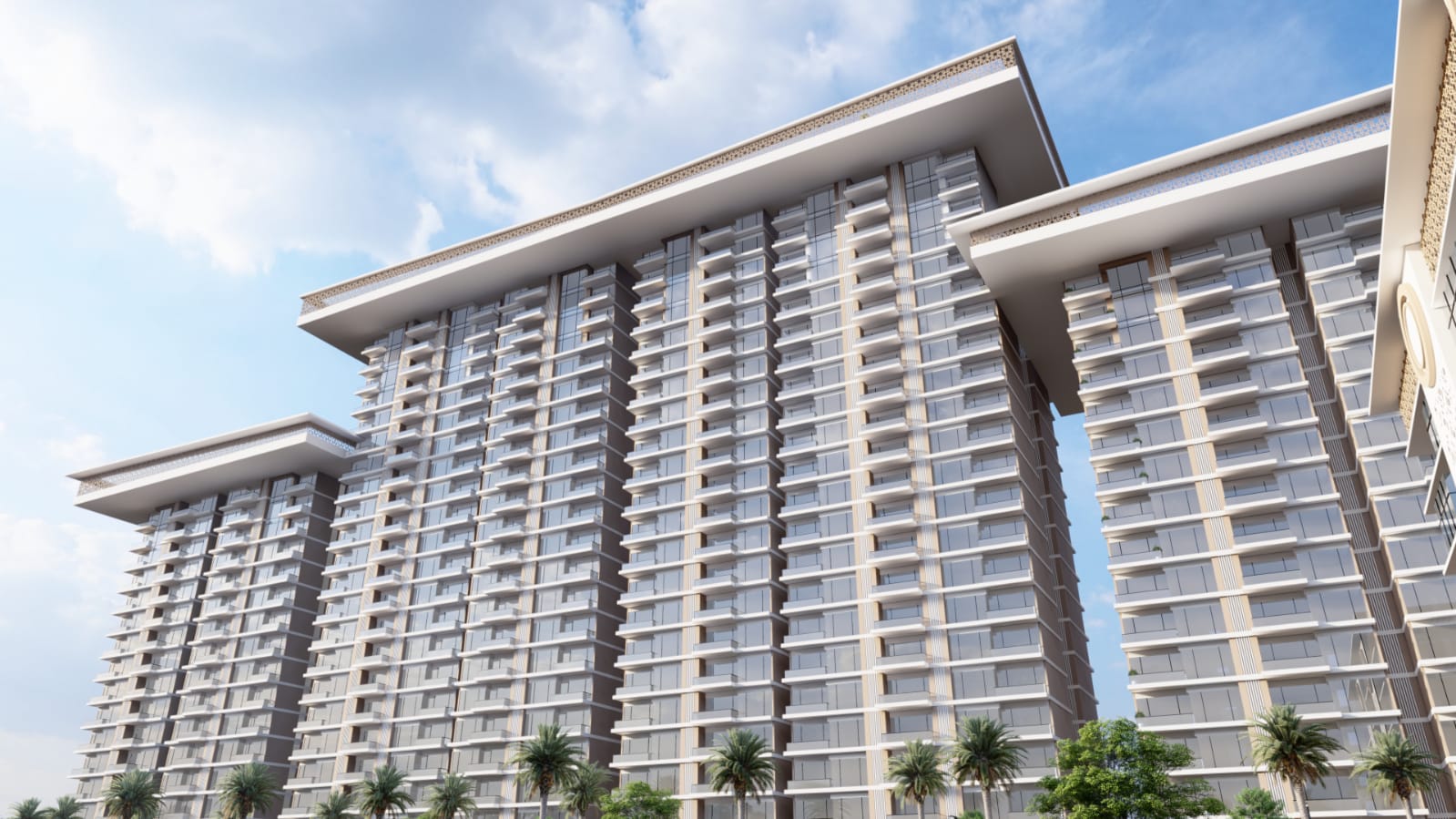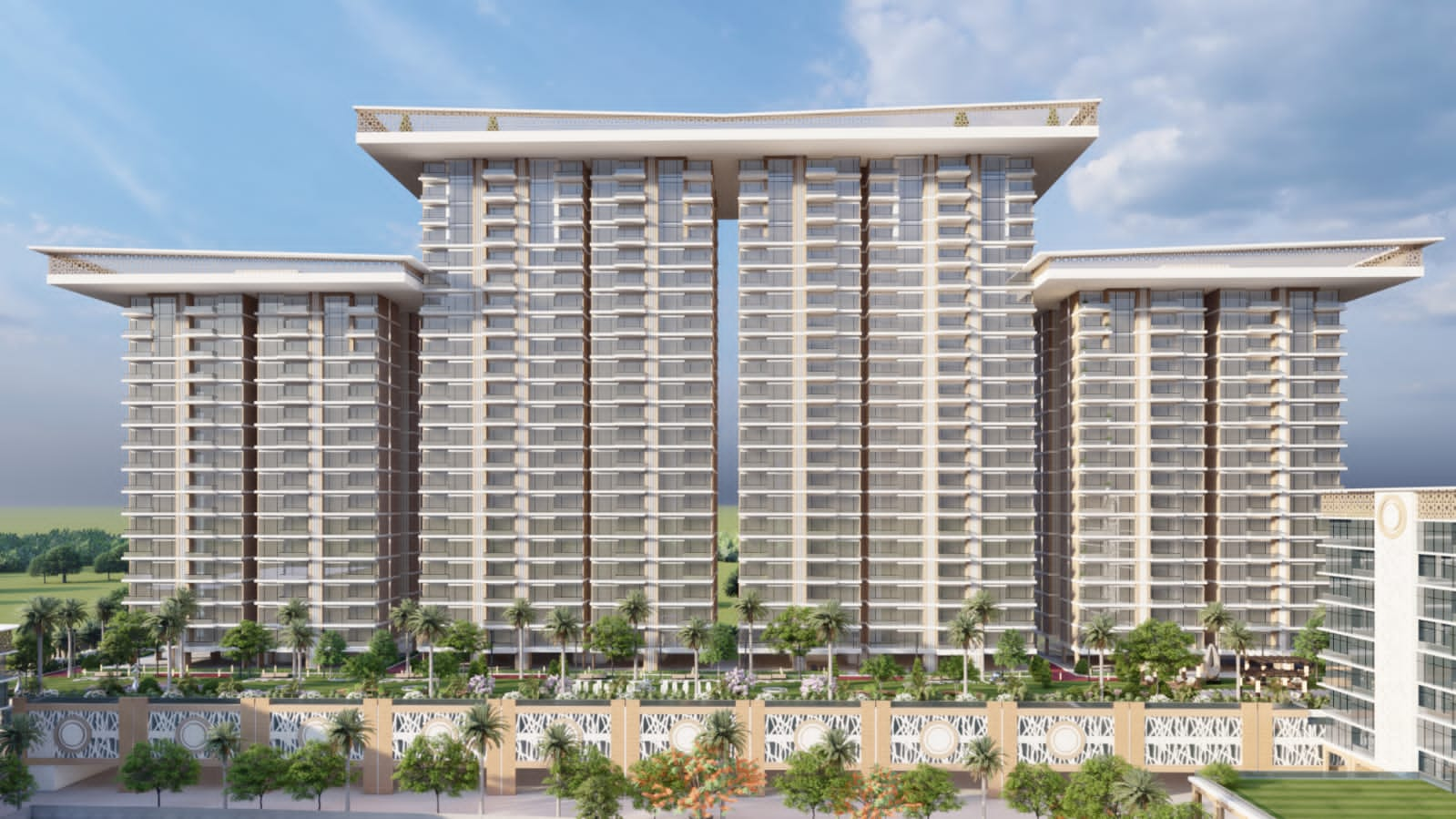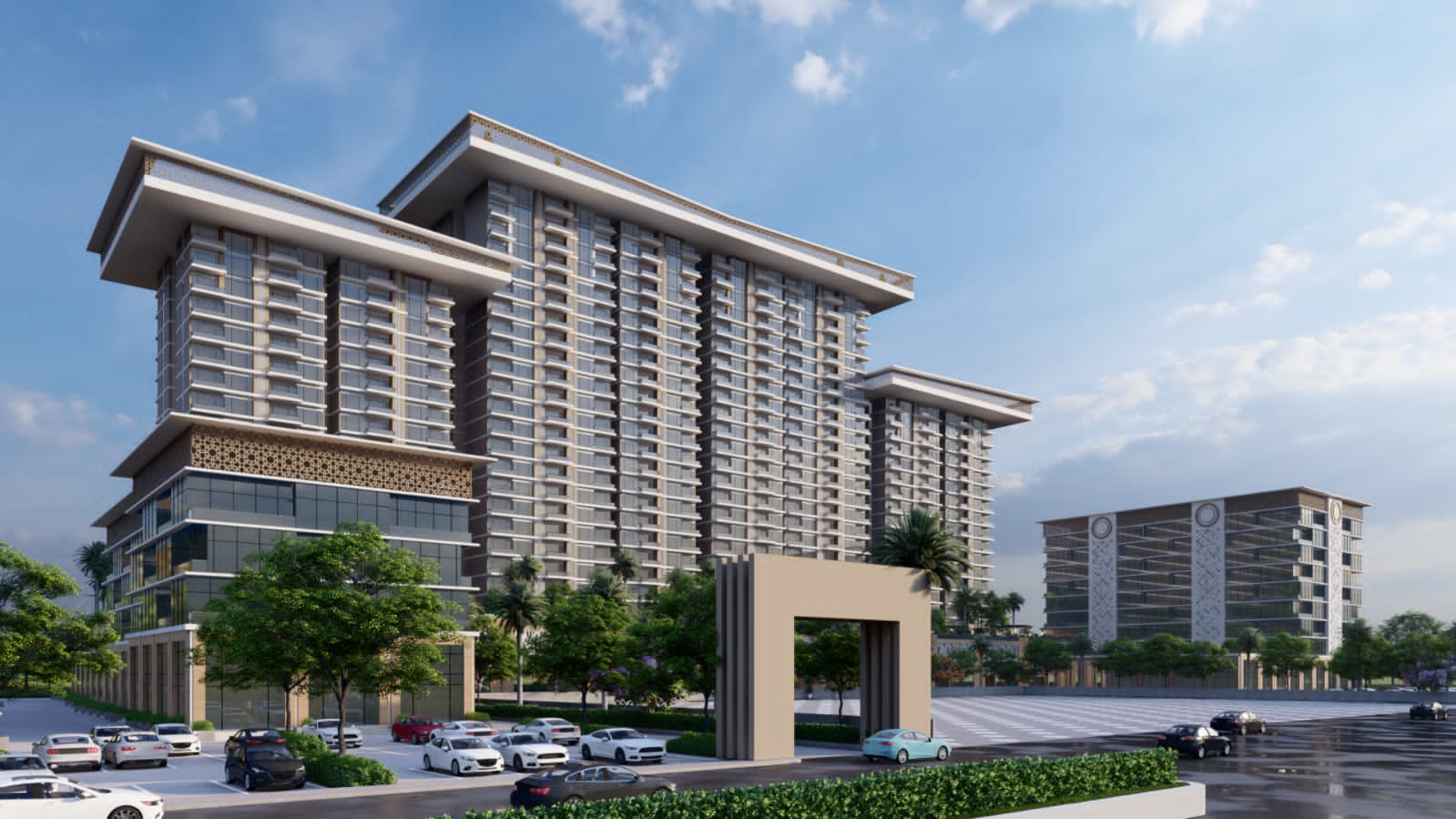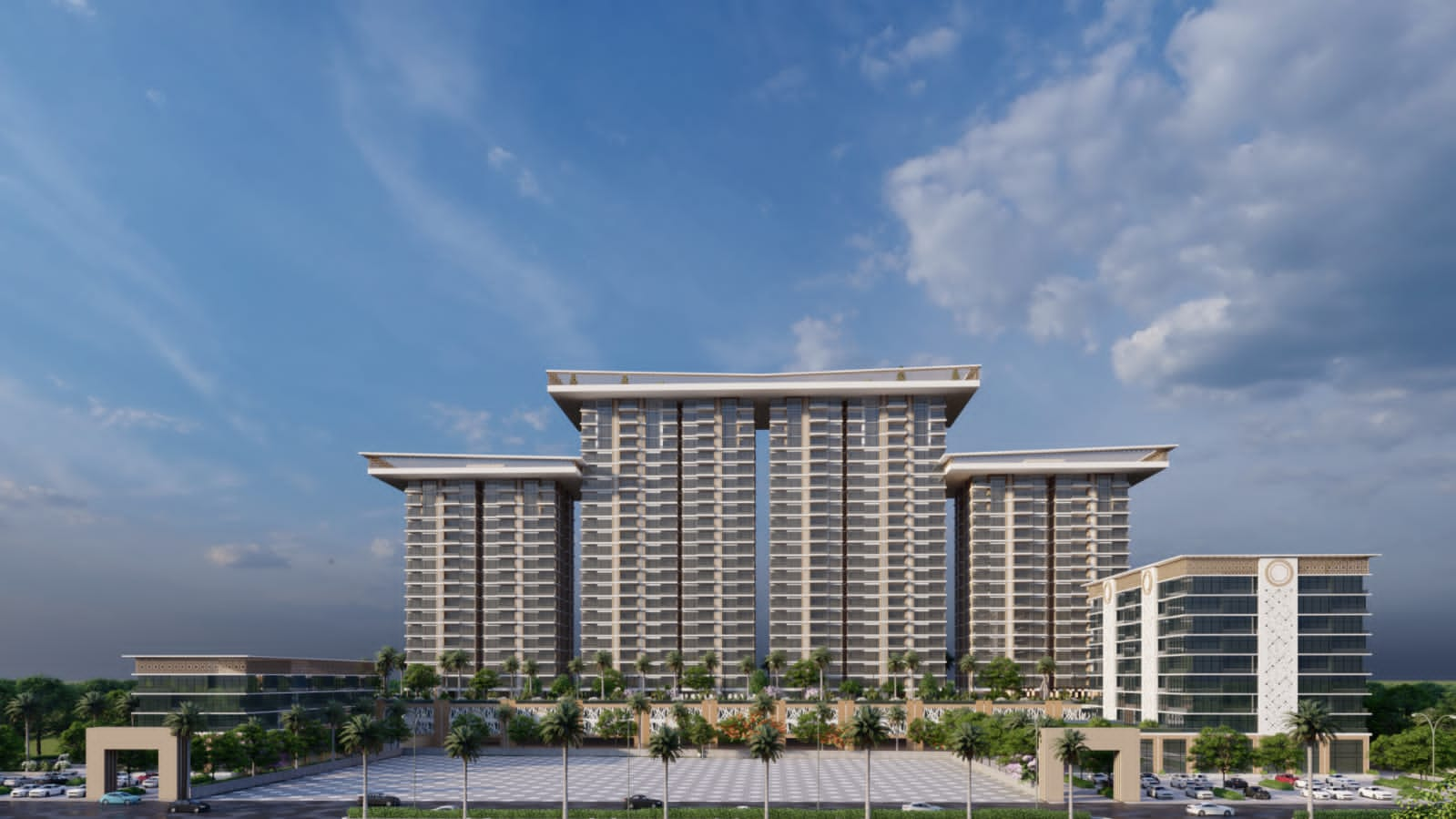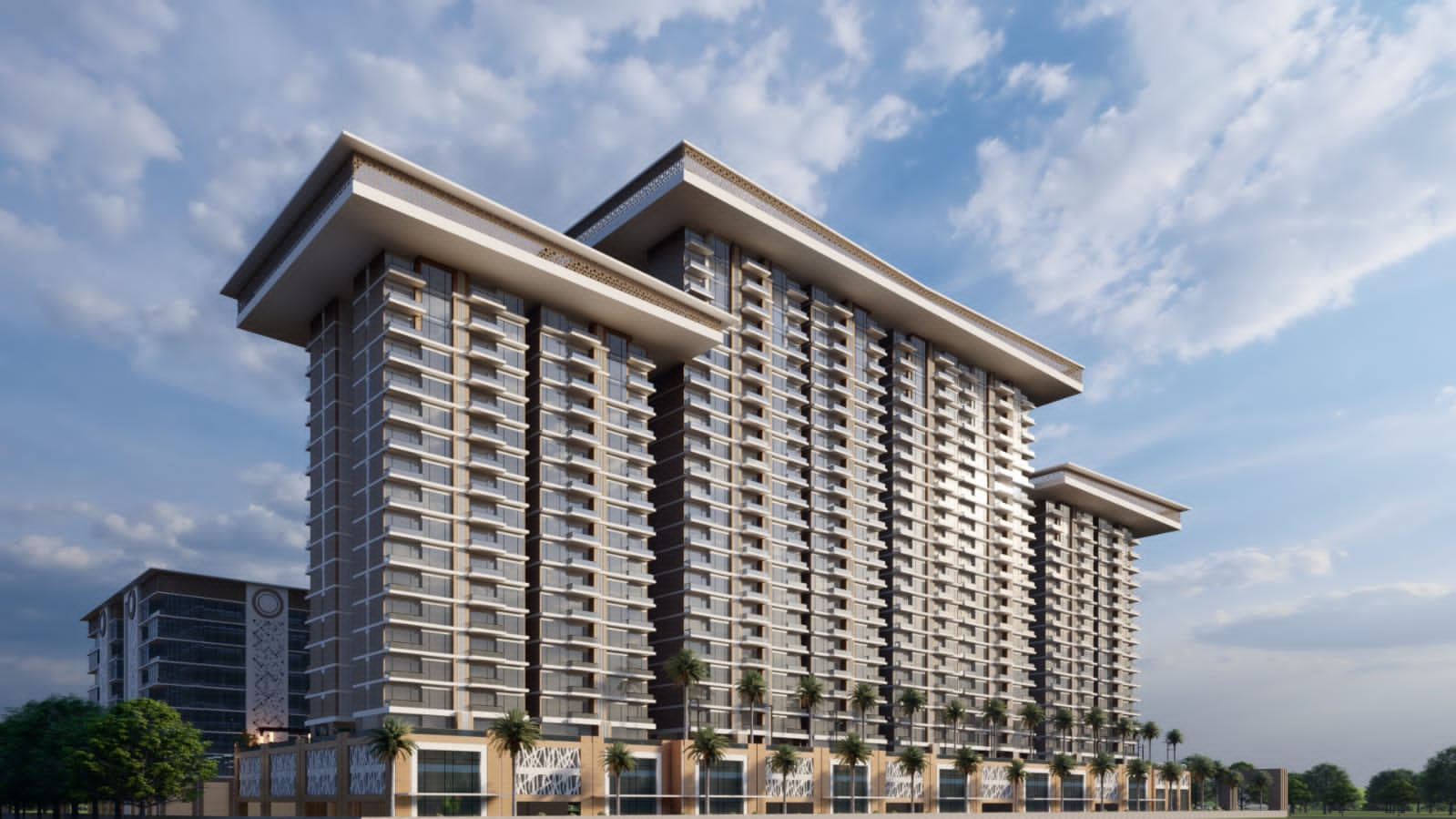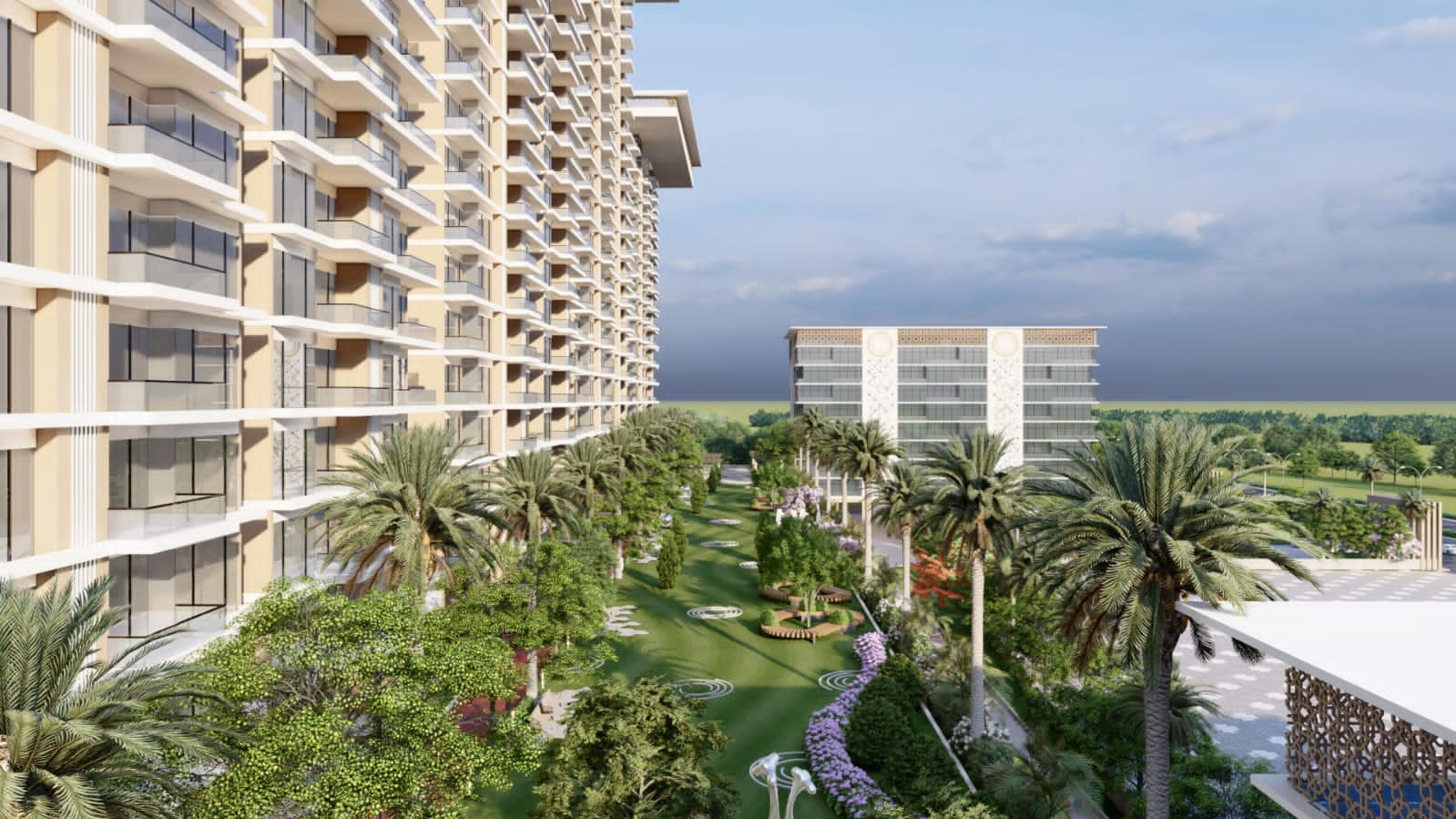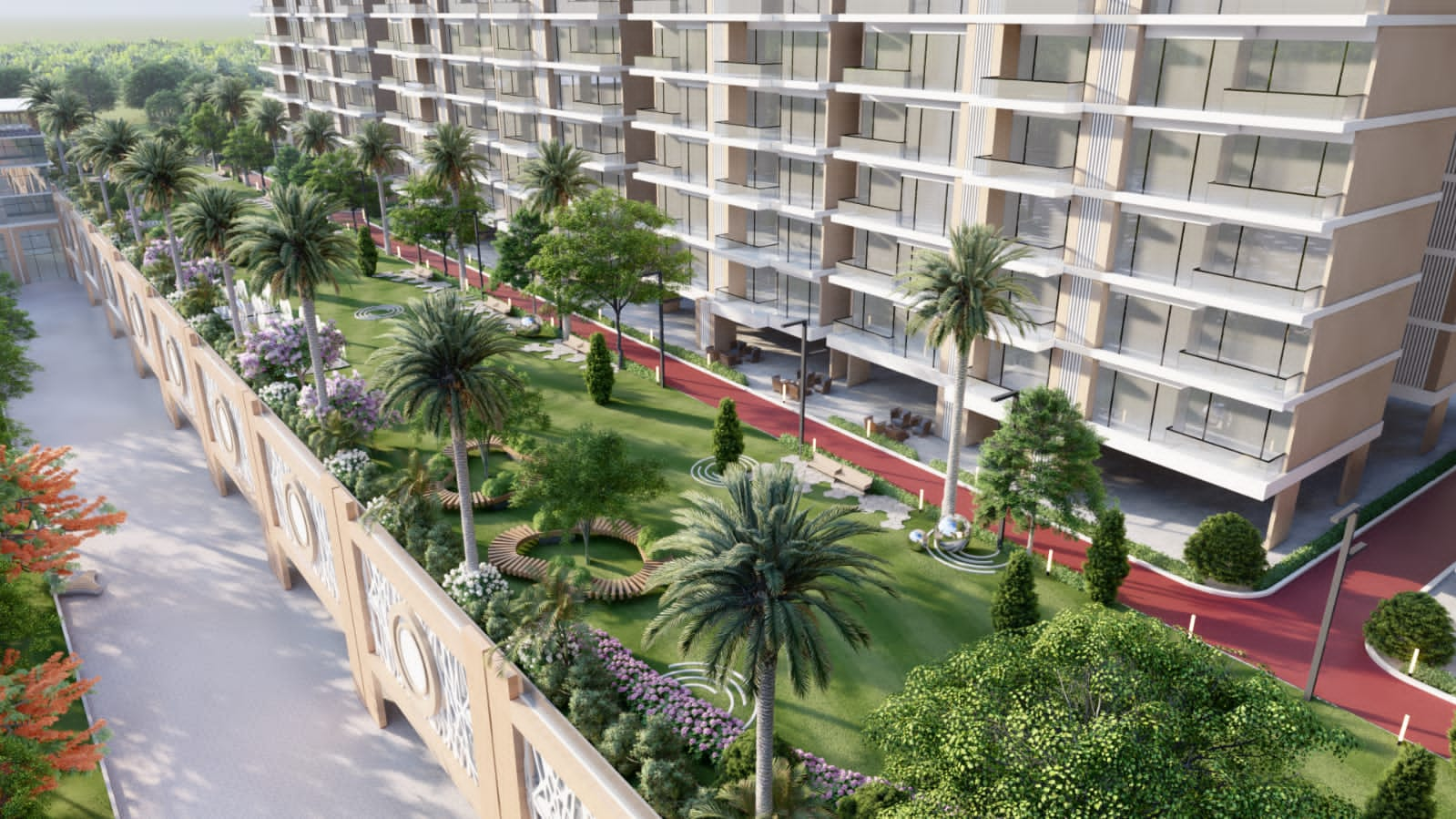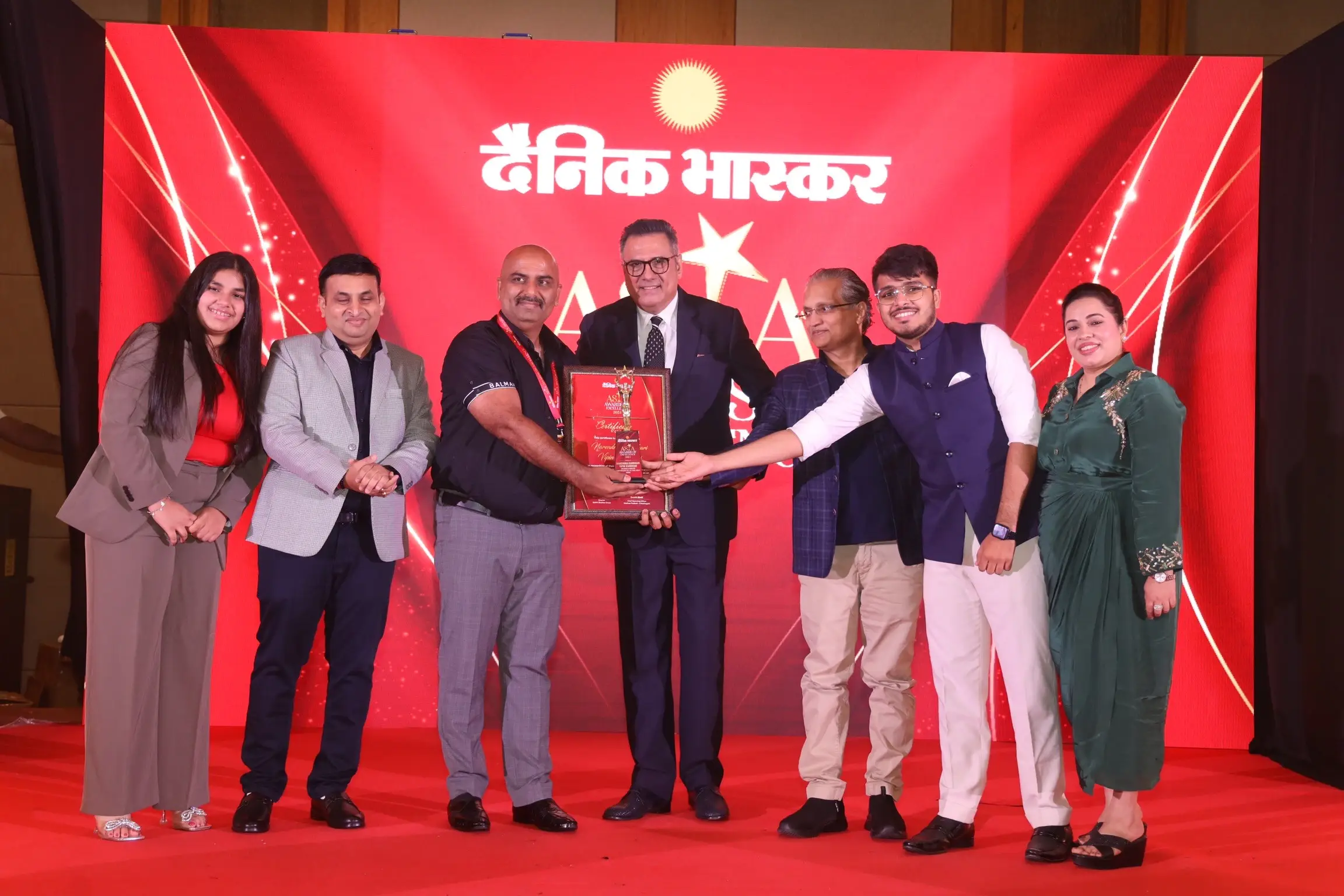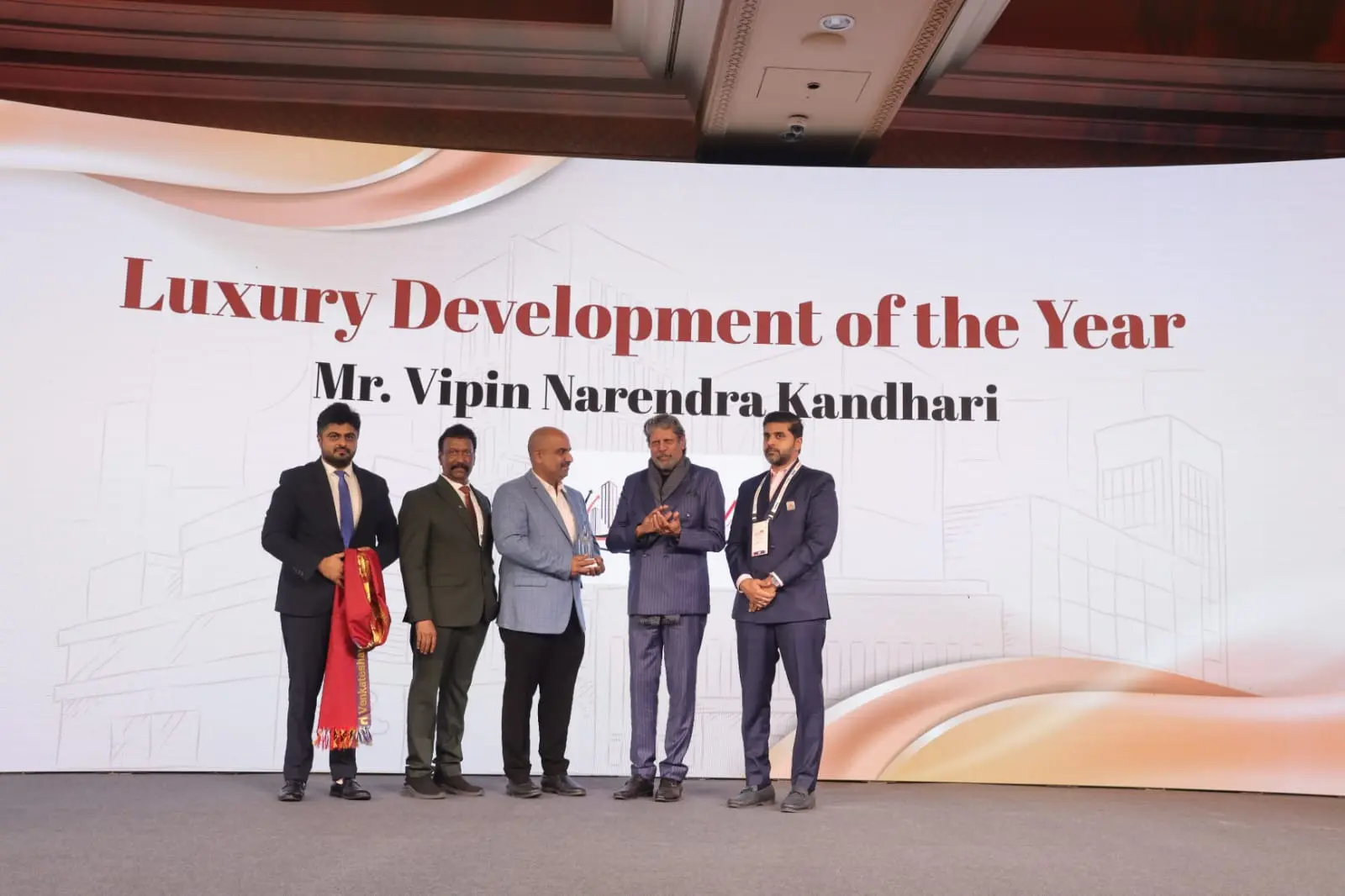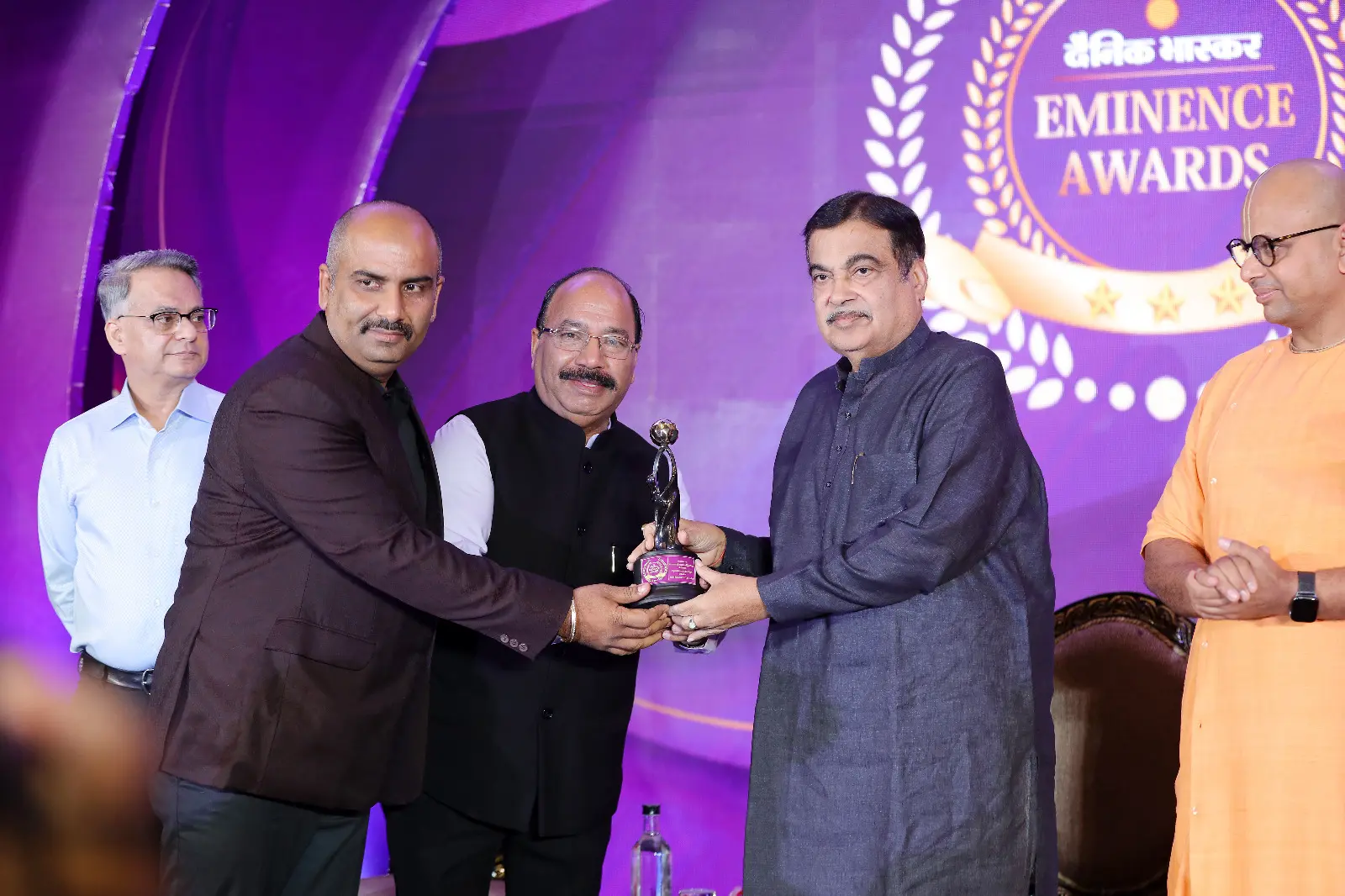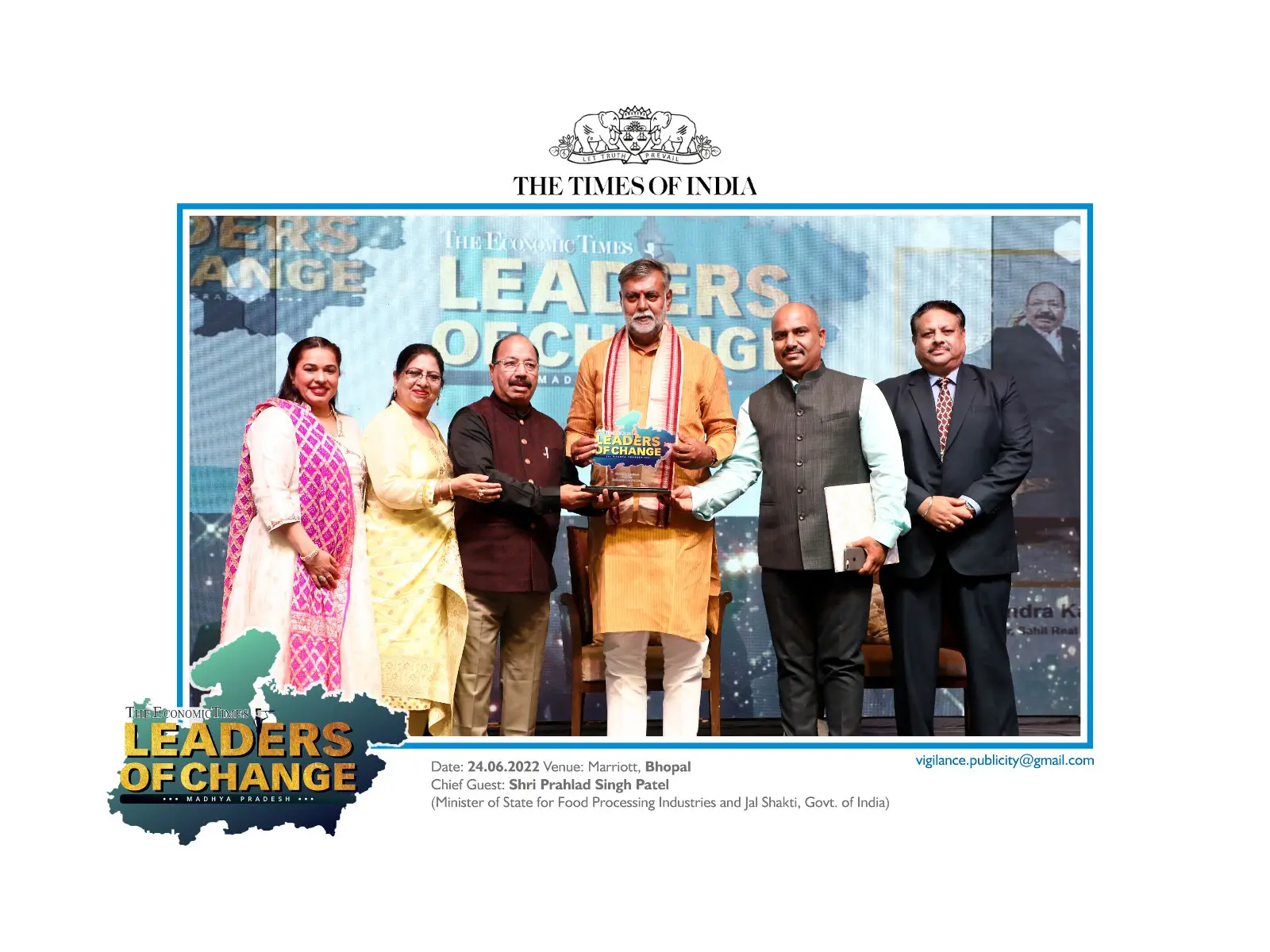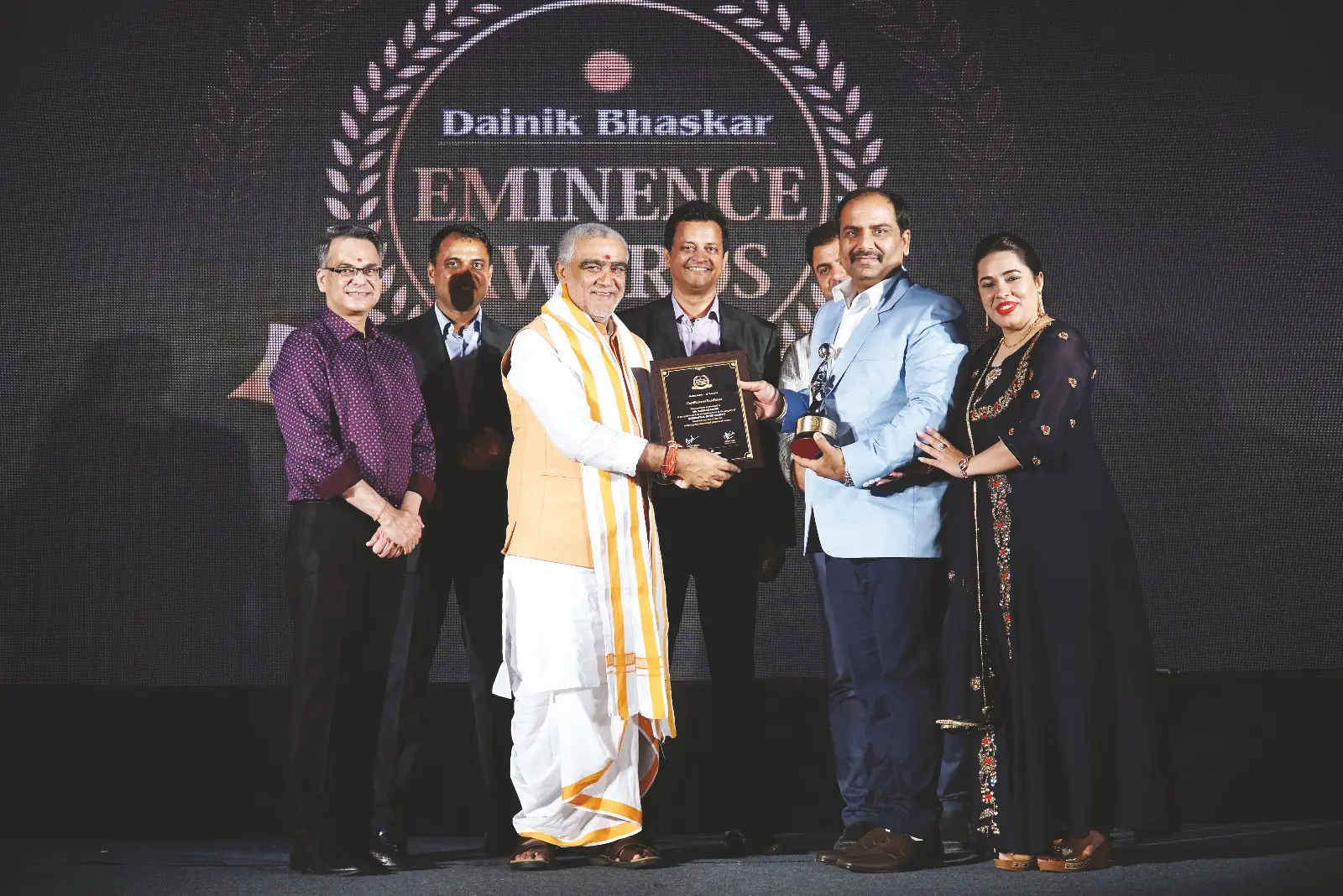City That's Known For Giving Back More.
The city is buzzing with activity as infrastructure projects are transforming its landscape. New monorails, metro lines, sea links, and upgraded roads are all underway, promising to connect different areas seamlessly and position the city for global competitiveness.
This financial powerhouse thrives on a robust commercial scene. Top-notch technology, reliable power, a skilled workforce, and excellent connectivity make it a magnet for businesses. As companies flock to the city, a wave of talented individuals follows, seeking exciting opportunities. This surge in population and business activity fuels a constant demand for real estate. Whether it's companies seeking office space or new residents needing homes, the need for development is evident. This creates a prime environment for those looking to invest in the city's real estate future.
It's always a good idea to invest in Indore real estate market for great financial appreciation and also the sense of emotional security with an asset back in homeland. Whether the intention is to see real estate as an investment with opportunity for appreciation or to earn rental income or as a residential home; Indore's real estate checks all the boxes.
Besides, with MAHARERA registration mandatory for all projects now, investors can rest assured about quality checks and timely delivery.

Sahil Group - Live A Life Beyond Square Feet
The city is in the midst of a major infrastructure boom, with projects like monorails, metro expansions, sea links, and upgraded roads rapidly transforming its connections. These advancements are designed to make getting around a breeze and put the city on par with the best in the world.
Think of it as the financial heart of the nation. This bustling commercial center thrives thanks to cutting-edge technology, a dependable power grid, a highly skilled workforce, and top-notch connections. It's no surprise then that businesses are flocking here to set up shop, attracting a wave of talented individuals seeking new opportunities.
With both companies expanding and the population booming, the demand for real estate is skyrocketing. This creates a golden opportunity for those looking to invest in the city's future growth.

Since its inception in 1996, Sahil Group has heralded the rise of insightful design and eco-friendly construction technologies. Through its diverse projects, it has lived up to global benchmarks and set a few of its own.
Today, this commitment to excellence is converting millions of square feet of Indore, from Virar to Prabhadevi, into gated communities, premium townships, standalone landmarks & commercial spaces. Addresses that redefine the meaning of life in the city.
Our Properties
Details Of Awards
FAQs
Non-Resident Indian (NRI) is a citizen of India, who stays abroad for employment/carrying on business or vocation outside India or stays abroad under circumstances indicating an intention for an uncertain duration of stay abroad, is a non-resident. Non-resident foreign citizens of Indian Origin are treated at par with Non-Resident Indians (NRIs).
Person of Indian Origin (PIO) (not being a citizen of Pakistan or Bangladesh or Sri Lanka or Afghanistan or China or Iran or Nepal or Bhutan), who (a) at any time, held an Indian passport, or (b) who or either of whose father or whose grandfather was a citizen of India by virtue of the Constitution of India or the Citizenship Act, 1955 (57 of 1955).
(a) Any person of full age and capacity:
- Who is a citizen of another country, but was a citizen of India at the time of, or at any time after, the commencement of the constitution, or
- Who is a citizen of another country, but was eligible to become a citizen of India at the time of the commencement of the constitution, or
- Who is a citizen of another country, but belongs to a territory that became part of India after the 15th Day of August, 1947.
- Who is a child of such a citizen, or (b) A person, who is minor child of a person mentioned in clause
- Provided that no person, who is or had been a citizen of Pakistan, Bangladesh shall be eligible for registration as an Overseas Citizen of India.
Under the general permission granted by RBI, the following categories can freely purchase immovable property in India:
(a) Non-Resident Indian (NRI)- that is a citizen of India residing outside India
(b) Person of Indian Origin (PIO)- that is an individual (not being a citizen of Pakistan or Bangladesh or Sri Lanka or Afghanistan or China or Iran or Nepal or Bhutan), who
- at any time, held Indian passport or
- who or either of whose father or whose grandfather was a citizen of India by virtue of the Constitution of India or the Citizenship Act, 1955 (57 of 1955).
The general permission, however, covers only purchase of residential and commercial property and not for purchase of agricultural land/plantation property/farm house in India. OCI can purchase immovable property in India except agricultural land/plantation property/farmhouse.
No. General Permission is available to purchase only a residential/commercial property in India to a person resident outside India who is a citizen of India (NRI) and who is a Person of Indian Origin (PIO).
The purchase consideration should be met either out of inward remittances in foreign exchange through normal banking channels or out of funds from NRE / FCNR accounts maintained with banks in India. They are required to file a declaration in form IPI 7 with the Central Office of Reserve Bank at Indore within a period of 90 days from the date of purchase of immovable property or final payment of purchase consideration along with a certified copy of the document evidencing the transactions and bank certificate regarding the consideration paid.
Yes, Reserve Bank has granted general permission for sale of such property. However, whether the property is purchased by another foreign citizen of Indian Origin, funds towards the purchase consideration should either be remitted to India or paid out of balance in NRE / FCNR accounts.
With respect to residential properties purchased on or after 26th May 1993, Reserve Bank considers applications for repatriation of sale proceeds up to the consideration amount remitted in foreign exchange for the acquisition of the property for two such properties. The balance amount of sale proceeds if any or sale proceeds in respect of properties purchased prior to 26th May 1993 will have to be credited to the ordinary non-resident rupee account of the owner of the property.
Applications for necessary permission for remittance of sale proceeds should be made in form IPI 8 to the Central Office of Reserve Bank at Indore within 90 days of the sale of the property. Applications for repatriation of sale proceeds will be considered, provided the sale takes place after three years from the date of final purchase deed from the date of payment of final instalment of consideration amount, whichever is later.
Yes. Reserve Bank has granted general permission to a foreign citizen of Indian Origin to acquire or dispose of properties up to two houses by way of gift from or to a relative who may be an Indian Citizen or a person of Indian origin whether resident in India or not, subject to compliance with applicable tax laws.
Yes. Reserve Bank has granted general permission for letting out any immovable property in India. The rental income or proceeds of any investment of such income are eligible for repatriation.
There is no restriction on the number of residential or commercial properties an NRI can own in India. However, the law restricts NRIs from purchasing any kind of agricultural land/ plantation property/ farm house in India.
Yes, under the general permission granted by the Reserve Bank, property other than agricultural land/farm house/plantation property can be acquired by NRIs provided the purchase consideration is met either out of inward remittances in foreign exchange through normal banking channels or out of funds from the purchaser's NRE/FCNR accounts maintained with banks in India and a declaration is submitted to the Central Office of Reserve Bank in form IPI 7 within a period of 90 days from the date of purchase of the property/final payment of purchase consideration.
The mere acquisition of property does not attract income tax. However, any income accruing from the ownership of it, in the form of rent (if it is let out)/annual value of the house (if is not let out and it is not the only residential property owned by that person in India) and/or capital gains (short term or long term) arising on the sale of this house or part thereof is taxable in the hands of the owner.
Yes. Long-term and short-term capital gains are taxable in the hands of non-residents.
In case of sale of an immovable property, the Double Tax Avoidance Agreement (DTAA) with most countries state that capital gains will be taxed in the country where the immovable property is situated. Hence, if an NRI owns immovable property in India, then he/she will be subject to pay tax in India on the capital gains which arise on the sale of the property. Similarly, letting of immovable property in India would be taxed in India under most tax treaties.

